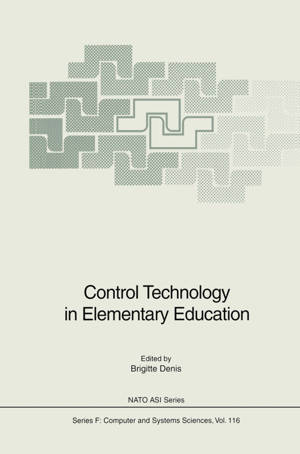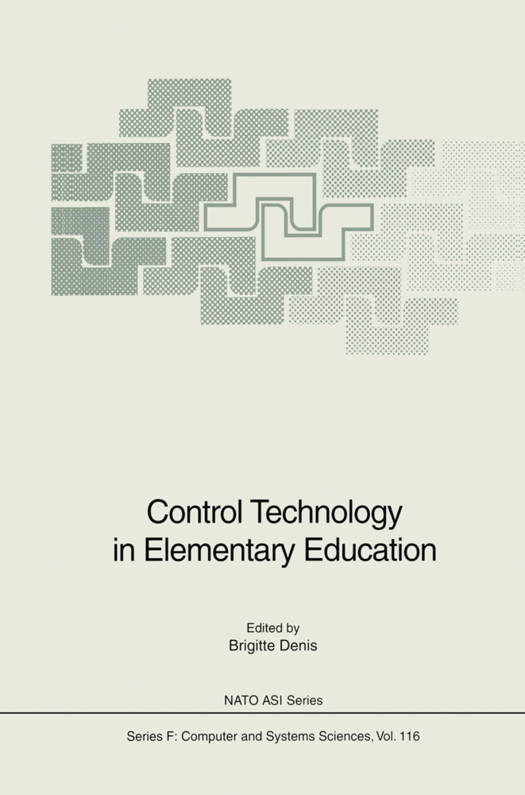
- Afhalen na 1 uur in een winkel met voorraad
- Gratis thuislevering in België vanaf € 30
- Ruim aanbod met 7 miljoen producten
- Afhalen na 1 uur in een winkel met voorraad
- Gratis thuislevering in België vanaf € 30
- Ruim aanbod met 7 miljoen producten
Zoeken
Control Technology in Elementary Education
€ 122,76
+ 245 punten
Omschrijving
Control technology is a new learning environment which offers the opportunity to take up the economic and educational challenge of enabling people to adapt to new technologies and use them to solve problems. Giving young children (and also adults) easy access to control technology introduces them to a learning environment where they can build their knowledge across a range of topics. As they build and program their own automata and robots, they learn to solve problems, work incollaboration, and be creative. They also learn more about science, electronics, physics, computer literacy, computer assisted manufacturing, and so on. This book, based on a NATO Advanced Research Workshop in the Special Programme on Advanced Educational Technology, presents a cross-curricular approach to learning about control technology. The recommended methodology is active learning, where the teacher's role is to stimulate the learner to build knowledge by providing him/her with appropriate materials (hardware and software) and suggestions to develop the target skills. The results are encouraging, although more tools are needed to help the learner to generalize from his/her concrete experiment in control technology as well as to evaluate its effect on the target skills. The contributions not only discuss epistemological controversies linked to such learning environments as control technology, but also report on the state of the art and new developments in the field and present some stimulating ideas.
Specificaties
Betrokkenen
- Uitgeverij:
Inhoud
- Aantal bladzijden:
- 311
- Taal:
- Engels
- Reeks:
- Reeksnummer:
- nr. 116
Eigenschappen
- Productcode (EAN):
- 9783642634413
- Verschijningsdatum:
- 5/12/2012
- Uitvoering:
- Paperback
- Formaat:
- Trade paperback (VS)
- Afmetingen:
- 156 mm x 234 mm
- Gewicht:
- 458 g

Alleen bij Standaard Boekhandel
+ 245 punten op je klantenkaart van Standaard Boekhandel
Beoordelingen
We publiceren alleen reviews die voldoen aan de voorwaarden voor reviews. Bekijk onze voorwaarden voor reviews.







